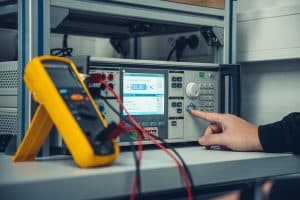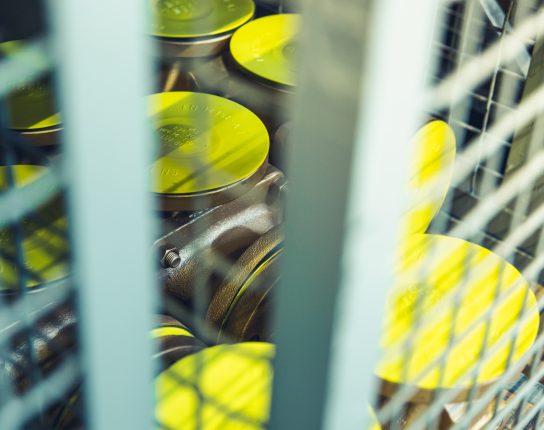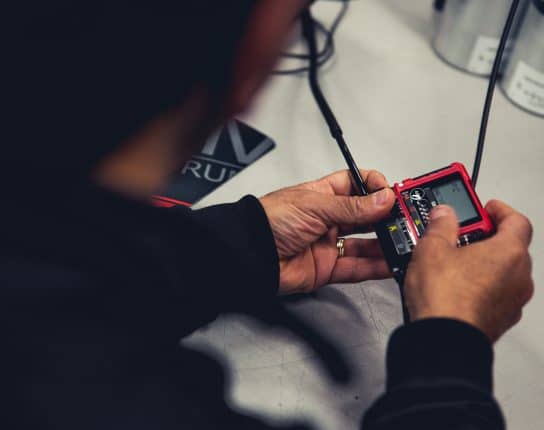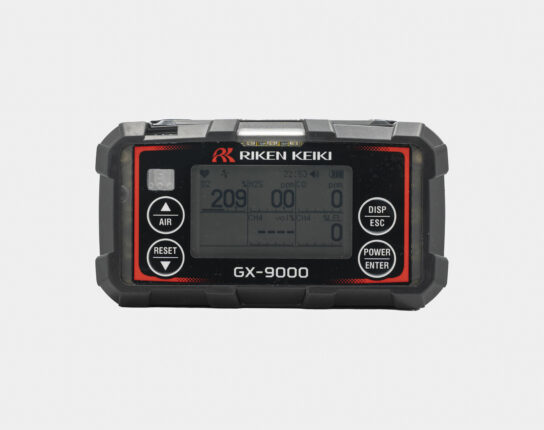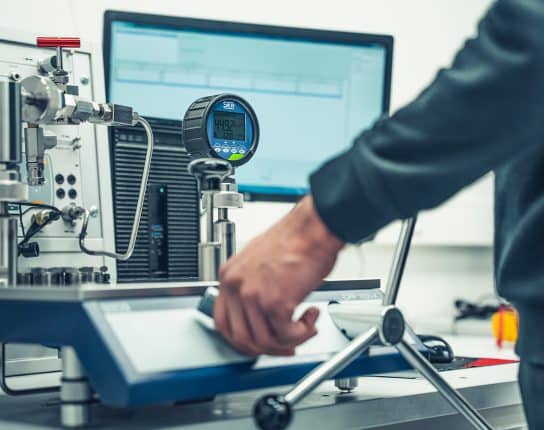
When can you use a multimeter?
A multimeter is an essential tool for any maritime or industrial professional. It’s a device that measures electric current, voltage, and resistance. But when should you use a multimeter? Knowing when and how to use one will help ensure accuracy and safety when making repairs or troubleshooting electrical problems. Let’s explore the different uses of a multimeter in greater detail.
Measuring Voltage
One of the primary uses of a multimeter is to measure voltage. This can be helpful when you need to test outlets, switches, breakers, and other electrical components. You’ll want to make sure that the voltage reading falls within normal range—if it doesn’t, then you’ll know there’s an issue that needs to be addressed. Most multimeters have direct current (DC) voltage settings as well as alternating current (AC) voltage settings; be sure to select the right one depending on your requirements.
Measuring Resistance
Another important use of a multimeter is measuring resistance. This can help identify faulty components in an electrical system such as resistors or capacitors that are no longer working properly. To do this, connect the probes from your multimeter across the two ends of the component you’re testing and measure the resistance value shown on the meter. If it reads too low or too high compared to what it should be, then you’ll know that something is wrong with that component and needs replacement or repair.
Reading Amps
A third use is reading amps—or more specifically, amperage readings—which can help diagnose issues with motors or circuit boards in an electrical system. To do this, turn off all power going into your device before connecting your meter across both conductors (positives and negatives). Once connected, you can read the amperage value on your meter display; if it’s lower than expected then you know there may be some kind of issue with your motor or circuit board that needs further investigation.
In conclusion, a multimeter is an invaluable tool for any maritime or industrial professional because it allows them to accurately measure various properties of electricity such as voltage, resistance, and amperage readings. Being able to accurately measure these values helps ensure that repairs are made correctly and safely—and knowing when and how to use this instrument will go a long way toward ensuring accuracy every time!
Multimeter calibration
Multimeter calibration is necessary because even a tiny error in multimeter readings can lead to big problems. For example, if you’re testing a circuit with a slightly inaccurate multimeter, you might think the circuit is fine when it’s not. This could cause you to miss a significant problem that could set you back with downtime and money. That’s why it’s always best to use a trusted multimeter calibration service to ensure your multimeter is as accurate as possible. GMS Instruments offers calibration services for all Fluke multimeters, Extech multimeters and other brands. We provide quick turnaround times, international traceable certification and comprehensive calibration reports. Contact us to learn more about our multimeter calibration services.
Related
More of the same
